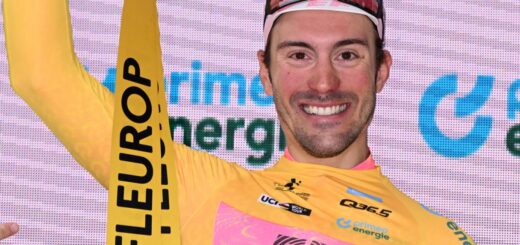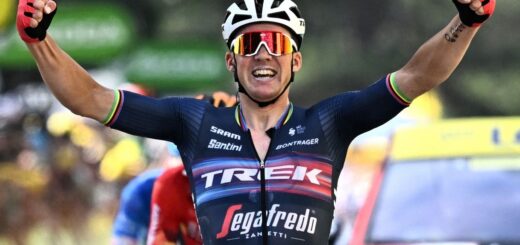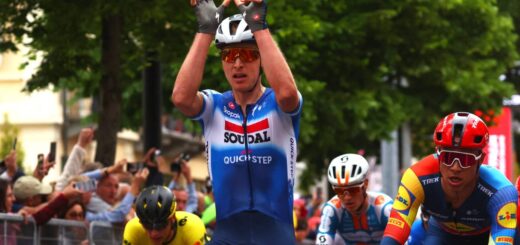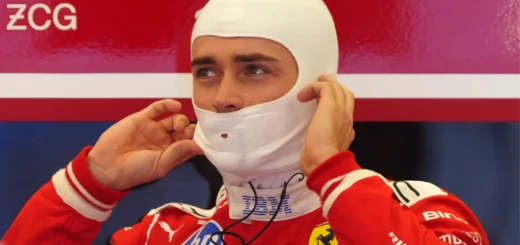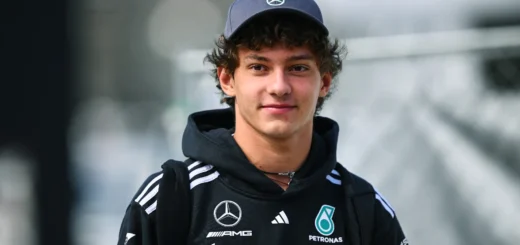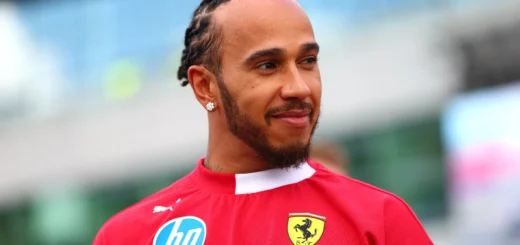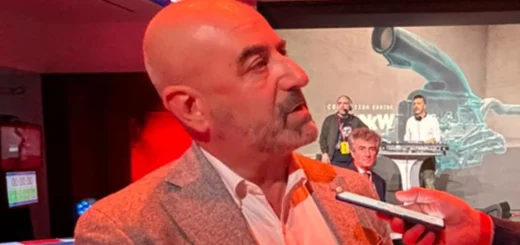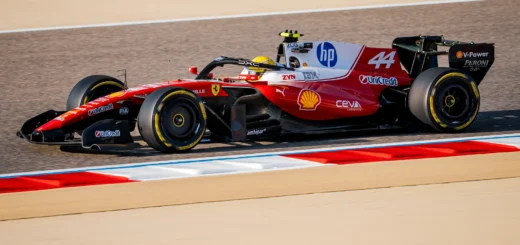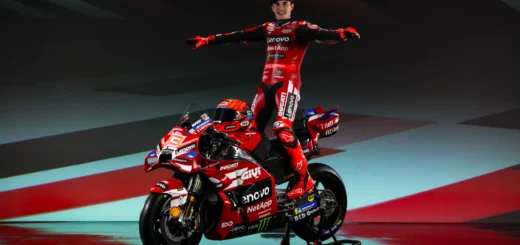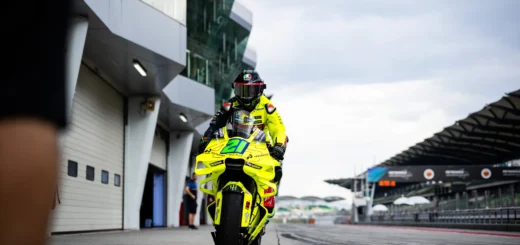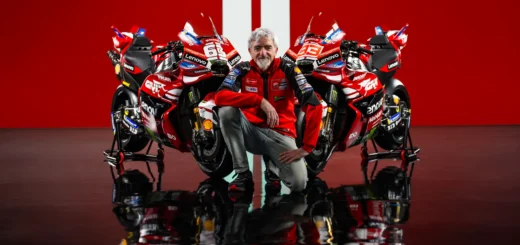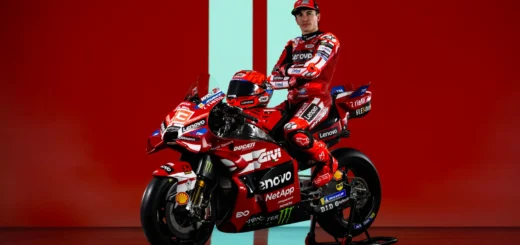Cycling in mourning for Gordon Singleton
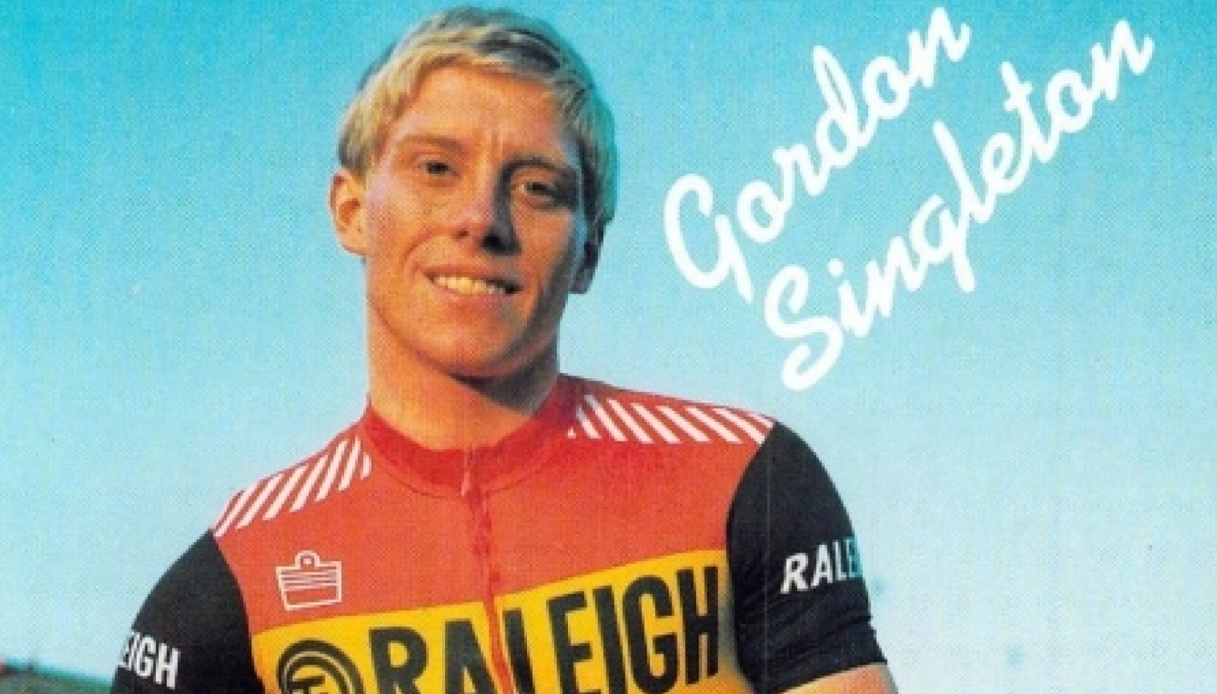
Athlete always linked to Italy
Born on Aug. 8, 1956, in Niagara Falls, Canada, Singleton è approached cycling as a teenager in 1974. He immediately put himself on display in the Canadian national youth championships, always placing on the top steps of the podium. In 1975 in his first year of racing on the d'élite circuit, after spending only one season among the juniors, Singleton won the Canadian men’s sprint championship in Calgary in 1975. It would be the first of 11 national titles Singleton would win at the Canadian Cycling Championships. That same year he represented Canada at its first World Championships in Liège, Belgium. Although he did not end up with a medal, Singleton, along with Jocelyn Lovell, led a Canadian surge on the cycling scene in the '70s and '80s. Gordon matured during this period the ambition to become an international sprint cyclist and therefore settled in Liverpool, UK, where he met his future coach and mentor, Eddie Soens.
Singleton represented Canada at the 1976 Olympic Games in Montreal. Although he did not win titles, è he became the first Canadian sprinter to reach 1/8th round in the 1000-meter sprint. He continued to climb the international rankings and represented Canada again in 1978, this time at the Commonwealth Games, which were held in Edmonton. For the first time in his career, Singleton won a medal in international competition when he brought home bronze in the 1,000-meter time trial. Later, he teamed up with Jocelyn Lovell in the Tandem Sprint, and the pair brought home the gold. In 1979, Singleton è was one of the top three sprint runners in the world, and would remain in the top 3 until 1982. That year he won his first world medal, a silver in the 1,000-meter time trial at the World Championships in Amsterdam. Singleton then competed in the 1979 Pan American Games in Puerto Rico, where he won double gold, in the 1000-meter time trial and the Match Sprint.
In 1980, at the peak of his career, Singleton was the No. 2 sprint cyclist in the world and one of the favorites for gold medals at that year's Summer Olympics. However, when Canadians joined the U.S.-led boycott of the Moscow Olympics because of the Soviet invasion of Afghanistan, Singleton was deprived of competing in his second Olympics. In the absence of the Olympics, the athlete decided to attack all 3 world records in the sprint distances. During a 24-hour period, Singleton set new world records in three separate events: the 200, 500 and 1000 meters. È was the first, and remains the only cyclist in history to simultaneously hold the record over these three distances. The following year, 1981, Singleton won the silver medal in the 200 meters, behind Japan's Koichi Nakano.
In 1982, he won the world cycling championship, defeating two-time champion Clark and winning the gold medal in the keirin. In his last race, facing Nakano again in the match sprint event, he è collided with the Japanese, the result of which è was a fractured collarbone, forcing him to retire and settle for the silver medal. That same year he won first place at the Grand Prix in London, England, setting British records for the 200 and 500 meters.
After a period of absence, Singleton è returned to competitive cycling in the '90s. He triumphed on his return to the World Masters event in 1998, where he won the gold medal twice, in the sprint and 750-meter time trial (40-45 year old category). In 2006, Singleton è then repeated himself in the sprint category, this time in the 50 to 55 years old category, taking home the gold.

